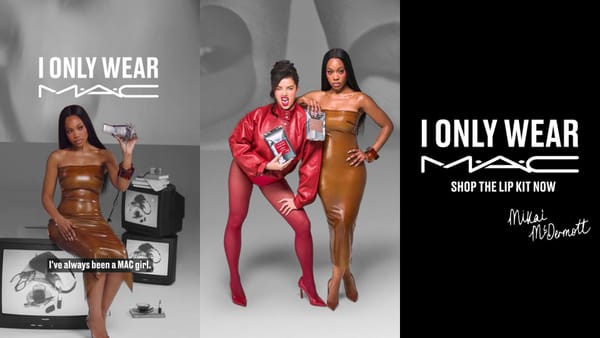Rise of the social publisher
The advertising space is constantly evolving – from advertorials in traditional media to native advertising in digital publishing. Now we are entering the age of the ‘social publisher’.To become recognised as a social publisher, however, means to be responsible for making a personal media brand both an editorial and commercial success. Social publishers define their editorial position. They establish their values, their world-view, their tone-of-voice. They build a brand with a clear purpose that is easily identifiable to both the audience and potential brand collaborators. They are writers, editors, photographers, vloggers and community managers. They manage business operations publishing sponsored and organic content in a ratio acceptable to their audience. They nurture their community of followers by publishing high-quality content while maximising revenue.The social publisher is someone with a receptive and engaged audience on a social media platform who posts branded content and gets paid for doing so. However, the rigour and transparency that exist within print and digital are neither uniform nor industry-wide within the influencer marketing channel.Traditional publishers are comprised of teams of employees or a pool of freelancers with clearly defined roles and responsibilities. The social publisher, on the other hand, is often a team of one. This level of diversity and uniqueness drives much debate in what should be expected as a minimum standard for what is essentially the social publisher’s own business.Transparency and access to source data
Established media brands add colour, context, and verification to their content and work principles. Their advertising departments earn trust with advertisers through transparency and data accuracy. They share insights and add value to advertisers by sharing insights, audience size, and viewer metrics. Now, publishers on social media platforms can do the same. Adopting similar methods of metric sharing from traditional advertising into influencer marketing allows our industry to mature and to professionalise. But, this can only be done by standardising the information that must be shared between publishers, brands and agencies. This enables the industry to move away from unverified data and guesswork toward informed decision making based on live, accurate source data.Influencer fraud and fake followers have dominated headlines throughout this year and last. It’s an issue so big it can only be solved by mass adoption of change. This will only happen when key groups embrace accurate source data and transparency. Empowering influencers to share their data with whoever they choose enables them to lead the change in transparency and professionalise the space, positioning themselves as legitimate social publishers.The term influencer has become frivolous. It belies the intricacies the role demands so now is the time of the social publisher.Catch Q-83’s deep-dive interactive workshop at the Influencer Marketing Show on Day 2. Purchase your ticket for Anthony’s workshop here.








